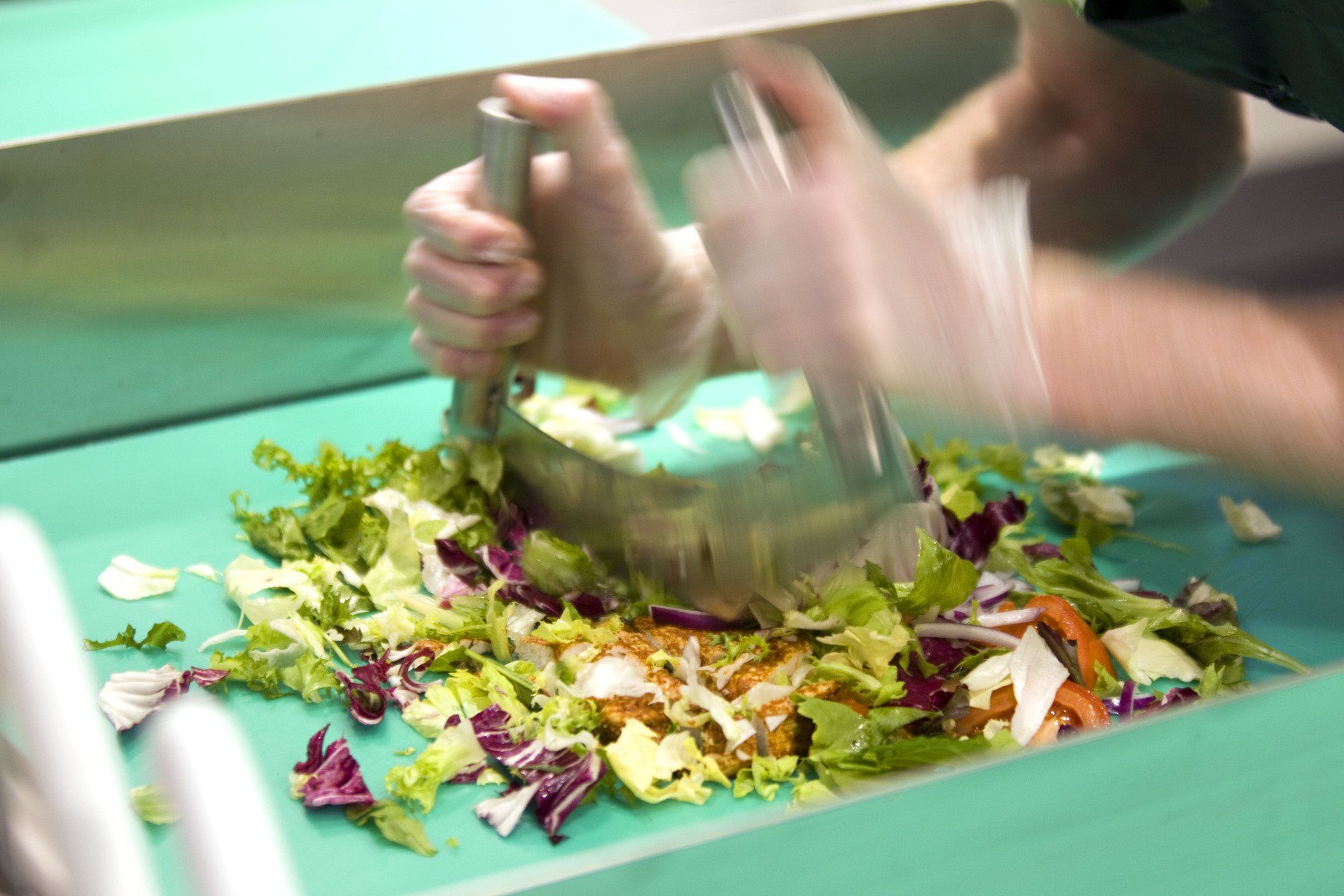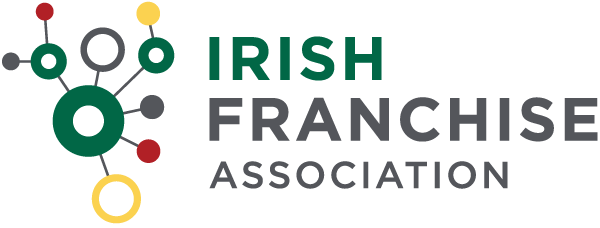We can advise and partner with start up franchisees.


Thinking of buying a franchise
Franchising can be a fantastic route to self-employment for candidates looking to take the leap into working for themselves. Over 90% of franchises are successful over 5 years as against less than 50% of standalone start-ups so buying a franchise makes sense for start-ups.
Anyone investigating new franchise options should conduct due diligence and seek advice to support their decisions. It is important that you are aware of the key questions to ask and to understand the relationship of franchisor / franchisee.
What is also important is that the opportunity is a “best fit” for your own requirements, criteria and skill sets.
We will advise you on and advocate “Best Practice Franchising Practices” in ensuring best practice guidelines as promoted by the European Code of Conduct on Franchising.
When conducting a feasibility study on whether to buy a franchise or not there are five key areas every prospective franchisee needs to investigate.
• Strategic • Operations • Financial • Training • Structural/Organisational
Services
- Best Practice Franchise Principles
- Understanding the Franchise Model
- Components of a ‘Best Practice Model’
- Assistance in assessing the franchise model
- Review Franchisor Documentation
- Franchisee Suitability Assessment
- Franchisor / Franchisee Relationship
- Seminars for Franchisees
Verification Checklist
- Have you consulted with a franchise expert/consultant?
- Have you consulted with an accountant?
- Have you consulted with a Franchise Specialist Solicitor?
- Have you consulted with a banker or alternative funder?
- Have you consulted with the franchisors existing franchisees?
- Have you considered and compared / contrasted alternative franchise offerings?
- Is the Franchisor a member of the Irish Franchise Association or any other franchise association?



